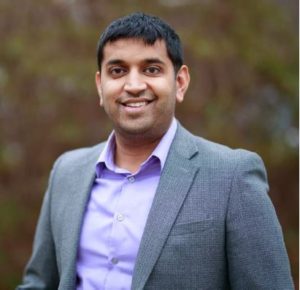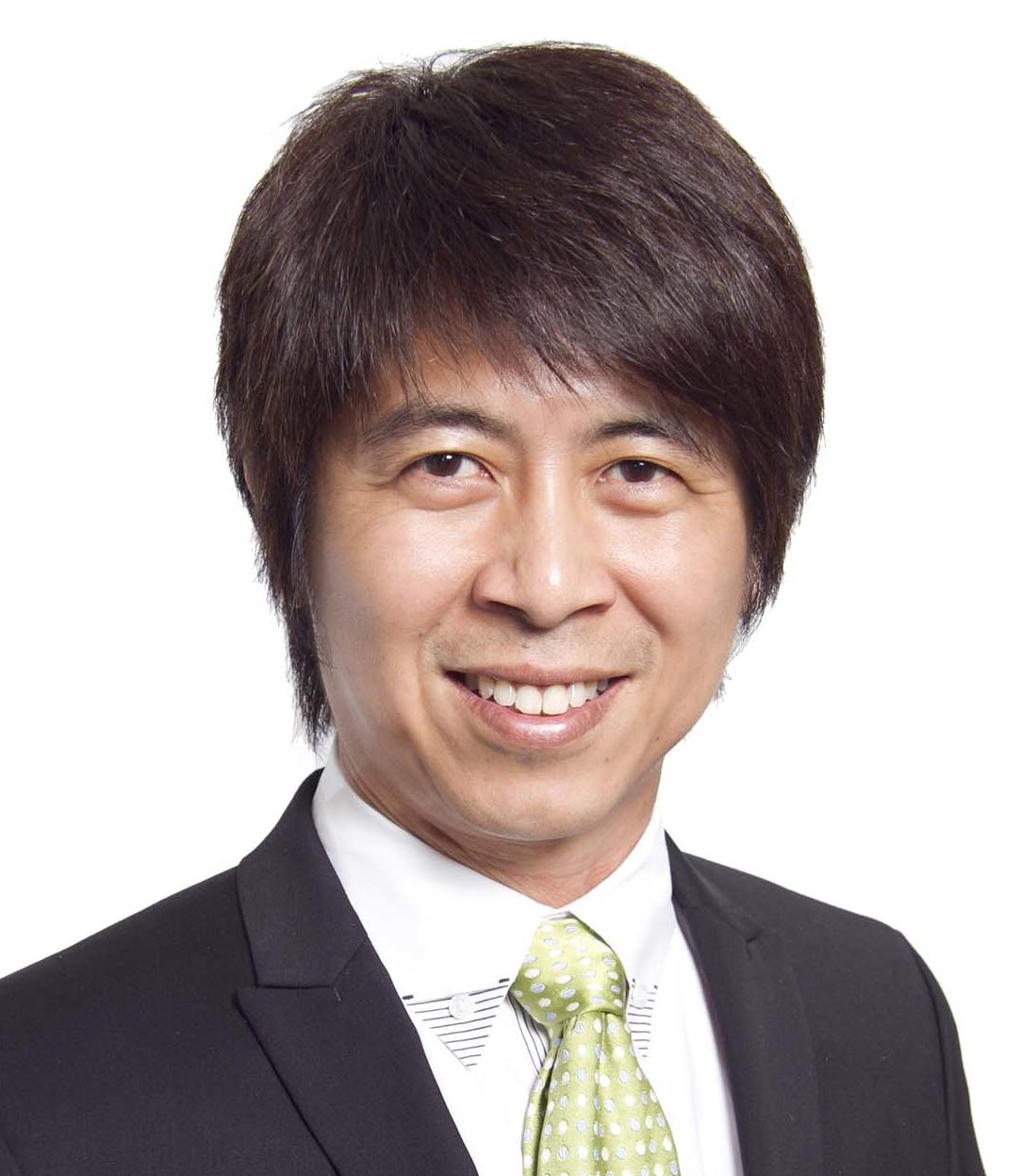FACE TO FACE : ANURAG BAJPAYEE
Anurag Bajpayee is the co-founder and CEO of Gradiant Corporation, which has evolved from a t echnology start-up into a global brand with diversified applications and multiple divisions around the world. Anurag earned his PhD in Mechanical Engineering from MIT where he worked on industrial desalination and water treatment. His doctoral work was recognized by the Scientific American as a top 10 world changing idea and is now part of Gradiant’s technology portfolio.
echnology start-up into a global brand with diversified applications and multiple divisions around the world. Anurag earned his PhD in Mechanical Engineering from MIT where he worked on industrial desalination and water treatment. His doctoral work was recognized by the Scientific American as a top 10 world changing idea and is now part of Gradiant’s technology portfolio.
He was named in the MIT Technology Review’s annual list of Innovators under 35, under the Entrepreneur category in 2019, an initiative that recognises exceptionally talented technologists whose work has great potential to transform the world.
Anurag Bajpayee shared his views with Green in Future on the role of Gradiant in water treatment and management initiatives. Here is an excerpt of the interview.
What is the current role you play and how did you get introduced to this industry?
I am the co-founder and CEO of Gradiant, a global water treatment company which provides tailored solutions for complex industrial wastewaters and desalinated seawater through our suite of proprietary technologies. Our CTO, Prakash Govindan, and I started Gradiant about 8 years ago at MIT where we both received our PhDs in Mechanical Engineering with focuses on desalination and industrial water treatment. At the time, the oil & gas industry in the United States was desperately looking for technologies which could treat and recycle highly contaminated water coming out of their oil wells. That’s where we first broke ground, but over the years we’ve diversified into other industries including power, mining, textiles, pharma, infrastructure, municipality, etc. and branched out to new geographies including China, India, Australia, APAC, and the Middle East. We’ve maintained our technology DNA the entire time and recently commercialized our CFRO (Counter Flow Reverse Osmosis) process that increases the fresh-water production capacity of seawater desalination plants in an environmentally friendly yet economic manner. This has brought us into one of the largest and most impactful markets, seawater desalination, producing drinking water from oceans and seas. Today, Gradiant has completed over three dozen projects around the world. We remain committed to using the best technologies to ensure that our customers have the most sustainable, economically and environmentally friendly water solutions.
How is Gradiant planning to tackle increasing water demand and problems, and how cost effective and sustainable are your solutions?
Gradiant tackles increasing water demand and water pollution challenges in two ways. First, we treat and recycle contaminated wastewater for our industrial customers. This process both reduces the volume of wastewater for disposal which threatens the environment as well as reduces the customers’ intake of fresh water from other sources, saving money for our clients and allowing them to be more resource independent/sustainable.
Secondly, we make seawater desalination- production of fresh water from the oceans- more efficient and maintainable, ensuring the earth’s largest water source can be responsibly tapped. Traditionally, cost and complexity have been deterrents for adopting water treatment technologies. Today, the overall cost of treating highly saline industrial wastewaters with Gradiant’s technologies is almost half that of traditional techniques. Additionally, our systems are more robust and easier to operate compared to conventional methods even with the most complex waters. Overall, Gradiant and similar companies which are shifting the paradigm on how to treat water are the future of the industry.
Please elaborate Gradiant’s role in waste-water management.
Industrial wastewater management is a very large and diverse field that is constantly adapting to new challenges. We know there is no silver bullet to address the entire gamut of water issues our clients face. Therefore, Gradiant has built a portfolio of technologies and business solutions to address the wide-ranging needs of our various industrial customers. We work with our clients as partners to design the treatment process, as well as deliver and maintain projects (generally under a build-own-operate model) so that our customers can focus on what they do best while we provide end-to-end solutions to their water problems. Many of our customers approach us to solve their water challenges today while strategising and adapting to potential water challenges tomorrow as their plans and needs evolve.
Water, being an important component for all living forms, is a diversified field. Which categories do Gradiant deal with?
Gradiant currently focuses on two main sectors: industrial water treatment and seawater desalination with a focus on the most complex waters from those industries. For industrial water, we clean the effluent wastewater from industries such as textiles, pharmaceuticals, power, oil & gas, chemical, F&B etc., often recycling that water to reduce discharge of contaminated water to the environment and the extraction of fresh water from public water supplies. For seawater desalination, our technology removes salt from ocean water to make it drinkable and reusable. Oceans make up 97% of the earth’s water and by economically and sustainably producing fresh water from these, it is an almost infinite source for the world.
Can you name the key sectors that cause waste water management issues? And which one, according to you, is the major culprit in causing water pollution?
Wastewater is a byproduct of virtually every industrial process. Most industrial activity consumes a lot of water as well as produces a lot of contaminated water. Traditionally, many industries such as oil & gas, textiles, pharma, etc. have been associated with water pollution but that reality is rapidly changing with growing environmental consciousness, water scarcity, and regulation. Wastewater effluent has become a source of value and Gradiant provides technologies that make treating and recycling industrial wastewater feasible.
What are the future plans of your organisation? How are you addressing climate change and sustainability issues through them?
Gradiant plans to continue our current global operations with further focus on seawater desalination, industrial wastewater, mining, and infrastructure in the Middle East, APAC, and Australian region along with stepping into Advanced Oxidation Processes which treat PFAS, a group of manmade chemicals which represent another industry that is in dire need of water treatment solutions. Coming to the question of climate change, our water bodies are huge carbon sinks – be it rivers, lakes, and of course the oceans. Through our work, we are already and will continue doing our part to address climate change by rescuing these invaluable carbon sinks.






